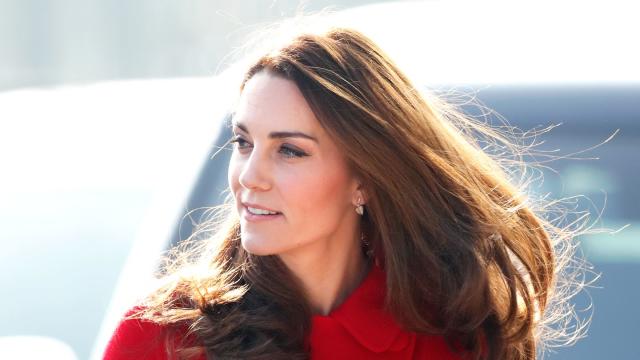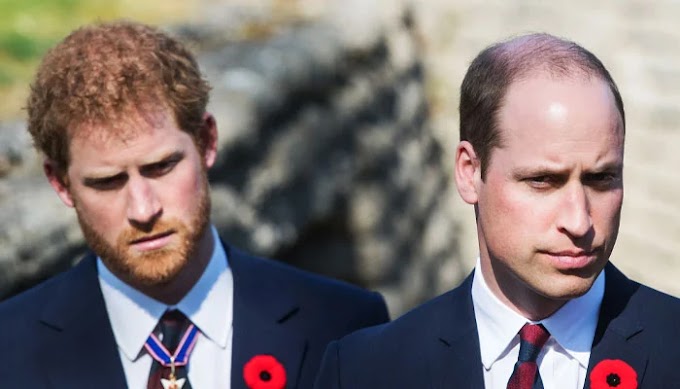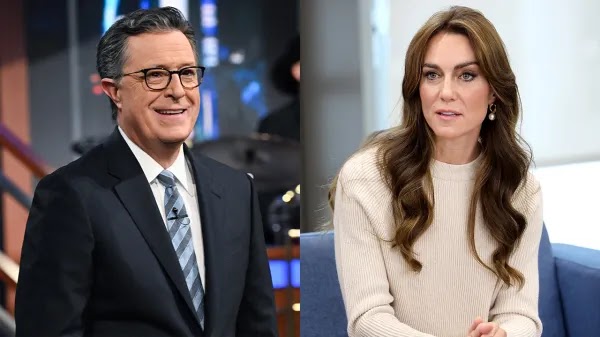Graham Smith, leader of the anti-monarchy faction Republic, has ignited controversy with his bold call for a royal referendum.
The anti-monarchy leader's plea for a 'vote on King Charles' emerges amidst heated debates on the topic of an elected head of state.
Smith expressed his views during discussions with GB News' Digital Royal Editor Svar Nanan-Sen and Royal Correspondent Cameron Walker, deliberating on whether the 75-year-old should relinquish his position in favor of an elected successor.
In response to Smith's demand, Svar referred to the outlet's recent poll, revealing that 81 percent of respondents supported Charles remaining the UK's head of state, while 18 percent opposed, and only one percent remained undecided.
Smith responded, stating, "It comes as no surprise that the network's viewers tend to lean towards conservatism compared to the wider population."
He continued, "To those who support Charles and wish to see him as head of state, I urge you to cast your vote. If you believe in Charles but hesitate to vote for fear of his defeat, what distinguishes that from advocating for Sunak to remain Prime Minister and calling for the cancellation of the General Election?"
"It's perfectly acceptable to admire Charles if that's your preference. Personally, I wouldn't endorse him. I doubt he could withstand the scrutiny, given his aversion to criticism and challenge. However, if you believe he is fit for the role, then vote accordingly."
Smith highlighted the declining support for the monarchy among individuals under 50. "Polls indicate a significant drop in support, hovering around 60 percent in the most favorable estimates. Our Savanta poll registers figures around 54 to 55 percent."
"The maintenance of this figure above the 50 percent threshold is primarily attributed to those over 65. However, this demographic shift is imminent, as opinions tend to solidify with age, unlike in previous generations."
Cameron interjected, citing an opinion poll from 2000 by the Independent Communications and Marketing Research Company, which found that 40 percent of 18 to 24-year-olds believed Britain would be better off with an elected head of state rather than a member of the Royal Family.
"These individuals, now aged between 42 and 48, exhibit a decreased preference, as evidenced by your Savanta poll, which registers a mere 36 percent support within this age bracket," Cameron asserted.
Smith countered, "The decline is marginal. However, the 36 percent advocating for abolition within this age group signifies a notable surge. This sentiment is particularly remarkable considering the challenging circumstances faced by the monarchy in 2000, following Diana's demise, and prior to the emergence of William and Harry and the subsequent PR initiatives aimed at revitalizing the institution."
"In essence, there has been a palpable shift in public sentiment, evident across a spectrum of polls. Notably, among individuals under the age of 25, the desire for change is especially pronounced."











